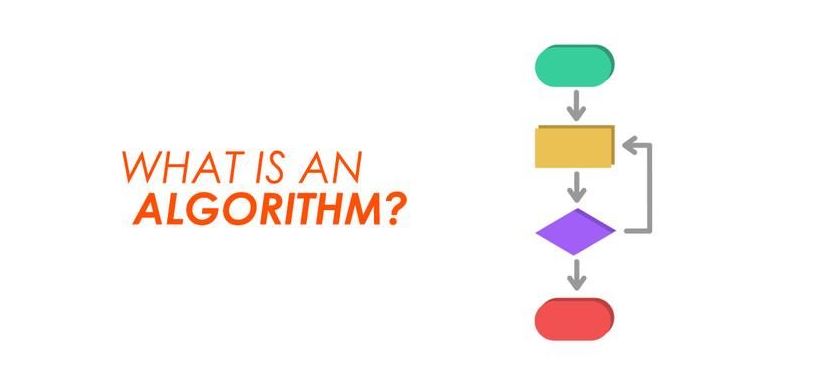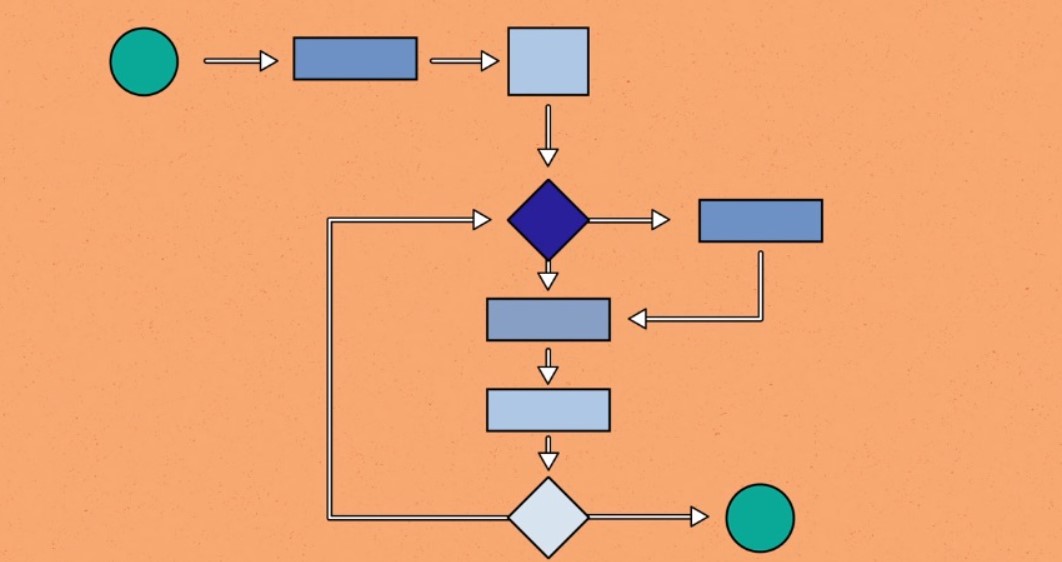What Are Algorithms?
An algorithm is a sequence of steps used to solve a problem or perform a specific task. It is the foundation of programming and plays a crucial role in developing efficient and optimized software solutions. Understanding algorithms is essential for both beginner and advanced programmers, as they provide a structured way to tackle complex problems.
The Role of Algorithms in Programming
Algorithms serve as the backbone of programming by providing a systematic approach to problem-solving. Every software application relies on an algorithm to function effectively. Optimized algorithms enhance execution speed, reduce computational costs, and improve overall system performance.
Types of Algorithms
There are several types of algorithms used in computer science, including:
- Sorting Algorithms: Bubble Sort, Merge Sort, and QuickSort, which organize data efficiently.
- Searching Algorithms: Binary Search and Linear Search, used to find specific elements in data sets.
- Encryption Algorithms: AES, RSA, and SHA, used for data security and encryption.
- Optimization Algorithms: Used in machine learning and artificial intelligence to enhance decision-making.

Algorithms Definition, Types, and Their Importance in Programming
Writing a Simple Algorithm
Creating an algorithm requires breaking a problem into logical steps. Here’s an example of a simple algorithm to add two numbers:
- Start
- Input the first number
- Input the second number
- Compute the sum of both numbers
- Display the result
- End
Popular Algorithms in Computer Science
Many well-known algorithms drive modern technology, including:
- Dijkstra’s Algorithm: Finds the shortest path between two points.
- QuickSort: Efficiently sorts large datasets.
- PageRank Algorithm: Used by Google to rank web pages based on relevance.
How Algorithms Power Artificial Intelligence
Artificial intelligence relies heavily on algorithms to process data and make decisions. Machine learning models use neural networks, reinforcement learning, and optimization techniques to improve performance. AI applications, such as self-driving cars and chatbots, depend on advanced algorithms for real-time decision-making.
Algorithms in Search Engines
Search engines like Google use complex algorithms to organize and rank content. PageRank is a well-known algorithm that assesses web page relevance based on backlinks. Other algorithms, such as Hummingbird and RankBrain, refine search results by understanding user intent and content quality.
Difference Between an Algorithm and Code
An algorithm is a conceptual framework that outlines steps for solving a problem, whereas code is the practical implementation of the algorithm using a programming language. In other words, algorithms provide the logic, while code executes it.
How to Optimize an Algorithm?
To enhance an algorithm’s efficiency, developers focus on reducing time complexity and memory usage. Using efficient data structures such as hash tables and linked lists can significantly improve performance.
Time Complexity Analysis
Time complexity measures how an algorithm’s execution time changes based on input size. Big O notation is used to describe an algorithm’s efficiency.
For example:
- O(n): Linear complexity (scales proportionally with input size).
- O(n²): Quadratic complexity (slower for large inputs).
Analyzing time complexity helps programmers choose the most efficient algorithm for a given task.
Source: Original Article on Matrix219.Net





